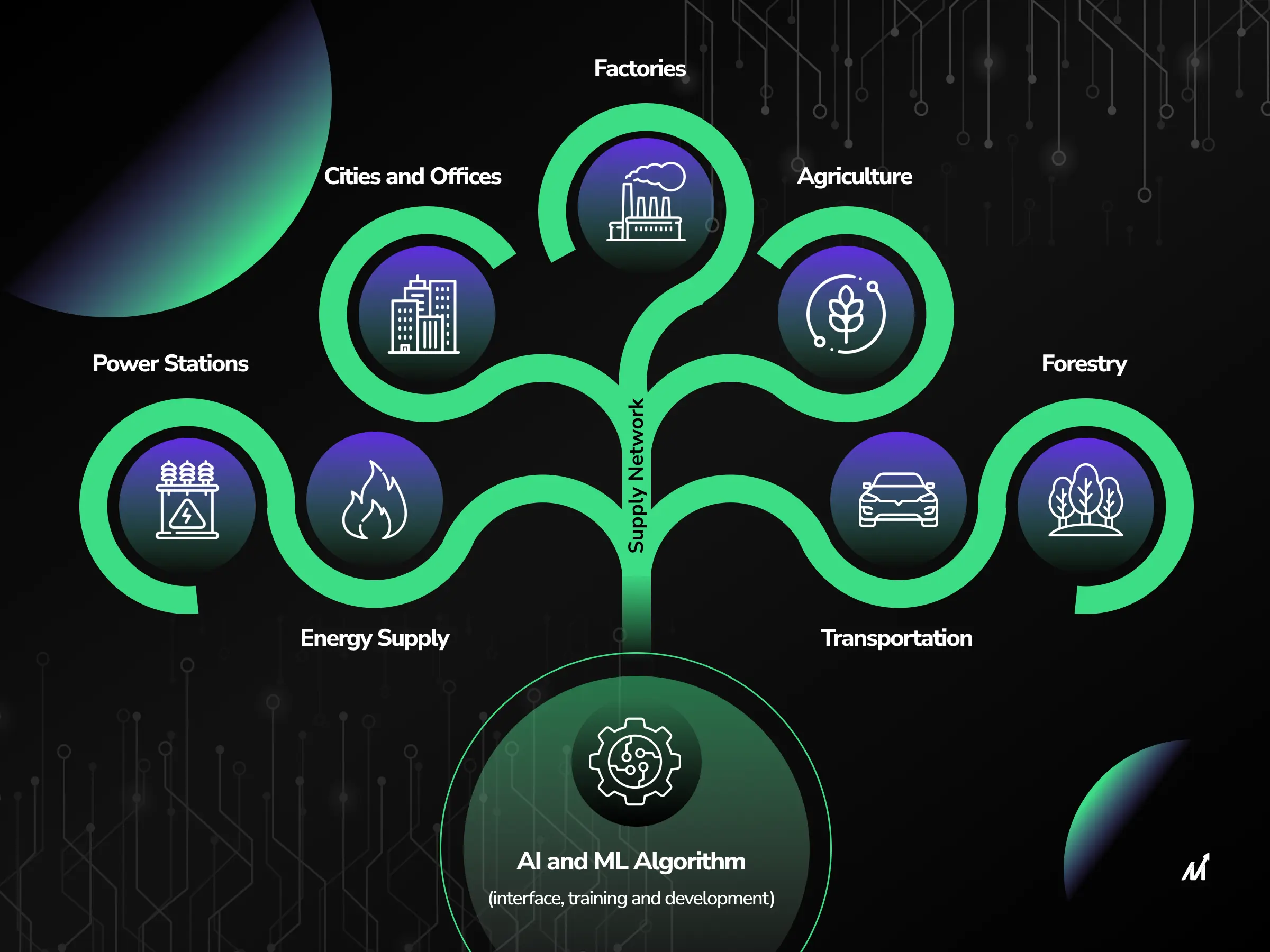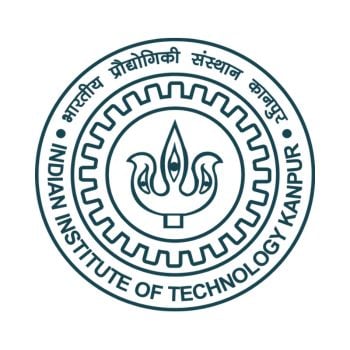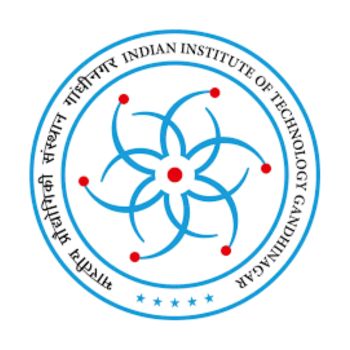Learn what AI ethics means, what can and can’t be done to develop AI in an ethically sustainable way, and how to start thinking about AI from an ethical point of view through the Ethics of AI Course by University of Helsinki. Check out the details below.
About University of Helsinki
The University of Helsinki is the oldest and largest science university in Finland, with an international scientific community of 40,000 people. Since 1640, they have contributed to the establishment of a fair and equal society that is considered one of the best in the world. Today, our multidisciplinary academic community solves problems that affect us all – with the power of knowledge, for the world. The University of Helsinki is a member of the League of European Research Universities (LERU) and the Coimbra Group. It is also a founding member of the European University Association (EUA). The university is internationally recognized for its research, and it has produced many Nobel laureates.
About the Course
Artificial intelligence is already a part of our daily lives. When we post pictures to social media, search online or ask questions from chatbots, we’re interacting with AI. Authorities, such as cities, rely on AI for providing public services. And governments are seeking solutions to global problems by using algorithmically produced knowledge. The goal of this course is to help you to develop your own skills for ethical thinking. You can complete the course at your own pace.
This course take a look at the ethical issues related to contemporary AI, open up their background in philosophy and give them an interpretation in terms of computer and other sciences. The goal of course is to develop skills for ethical thinking. The course provides a guide – or a roadmap – on the ethically sustainable design, implementation and use of AI. It will introduce you to basic ethical concepts, their theoretical background, and their role in discussion on contemporary AI. Through this course,
- You will Discover why AI raises concerns about its ethically acceptable use and development.
- Become familiar with the ethical questions and concepts related to contemporary AI.
- Learn how to combine ethical concepts and theories with AI by doing practical exercises.
Topics
- Chapter 1: What is AI ethics?
- Chapter 2: What should we do?
- Chapter 3: Who should be blamed?
- Chapter 4: Should we know how AI works
- Chapter 5: Should AI respect and promote rights?
- Chapter 6: Should AI be fair and non-discriminative
- Chapter 7: AI ethics in practice
Eligibilty
There are no prerequisites for the course. The course can be picked up by anyone with an interest in the ethics in AI.
Timeline
You can complete the course at your own pace and there are no deadlines for anything.
FAQs
How to study
You can study the course on your own schedule. When you are signed in to the system it remembers your progress. The course consists of texts and assignments. You can study the course sections in any order but we recommend that you proceed in the suggested order. Before working on the assignments, study the textual material of the section. That will help you do the assignments.
Requirements for passing the course
To complete the course you need to do 90% of assignments and get 80% of assignments accepted as passed. The final assignment in the last module is mandatory. Because we want to continuously improve the course filling the course feedback form at the end is also mandatory for passing.
Certificate and ECTS credits
The course certificate is available to all who pass the course. You can download your certificate from your mooc.fi profile. No Open University course enrollment is required to access the certificate. The course is worth 2 ECTS credits. Open University enrollment is required for the credits.
How to Apply?
Interested candidates can apply directly via this link.











